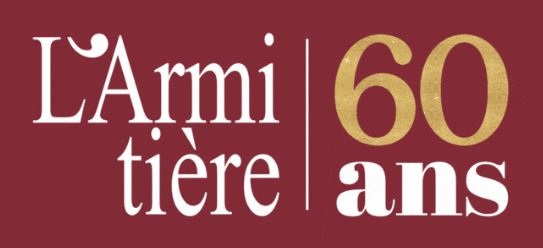- Format
- Broché
- EAN13
- 9782204094702
- ISBN
- 978-2-204-09470-2
- Éditeur
- Cerf
- Date de publication
- 22/03/2012
- Collection
- CAHIERS HISTPHI
- Dimensions
- 19,6 x 13,6 x 3,4 cm
- Poids
- 801 g
- Langue
- français
- Code dewey
- 248.22092
- Fiches UNIMARC
- S'identifier
Où en sont aujourd'hui les études au sujet de Maître Eckhart (1260-1327), frère prêcheur et maître en théologie de l'université de Paris, dont plusieurs propositions ont été condamnées par le pape Jean XXII dans la bulle " In agro dominico " ? De la variété et de la richesse des directions de recherche actuelles, ce volume en propose, conformément à l'esprit de la collection, une sélection. Quatre perspectives principales se dégagent. La première concerne les questions métaphysiques et théologiques majeures –; Dieu, l'Un, la Trinité, les transcendantaux –; ainsi que la théorie de l'intellect. La deuxième regroupe les questions spirituelles, morales et anthropologiques soulevées par la réflexion eckhartienne. Une troisième s'intéresse aux auteurs auxquels les textes d'Eckhart ouvrent, que ces auteurs précèdent ou suivent chronologiquement le maître thuringien : Plotin, Maïmonide, le " Liber de causis " et l'idéalisme allemand, Heidegger, Derrida ou encore les études comparatistes de Shizuteru Ueda avec le bouddhisme zen. Une quatrième manière de lire ce recueil consiste à suivre la distinction et la complémentarité de l'œuvre latine et de l'œuvre allemande de Maître Eckhart avec les différents problèmes herméneutiques et doctrinaux qu'elles posent. Que chaque lecteur puisse trouver à son gré, à travers les différences d'approches et de voix, ses propres chemins pour entrer dans l'œuvre de Maître Eckhart. [Julie Casteigt] -- What progress has been made with the studies of Meister Eckhart (1260-1327), brother preacher and theology master at the University of Paris, several of whose propositions were condemned by Pope John XXII in the 'In agro dominico' bulle? In keeping with the spirit of the series, this book presents a selection representative of the variety and richness of today's research. Four key viewpoints become visible. The first concerns the big metaphysical and theological questions –; God, One, the Trinity, the transcendentalists –; as well as the theories of the intellect. The second group contains spiritual, moral and anthropological questions raised by Eckhart's reflections. The third focuses on authors onto whom Eckhart's writings open, whether they precede or follow him chronologically: Plotinus, Maimonides, the 'Liber de Causis' and German idealism, Heidegger, Derrida or the comparative studies of Shizuteru Ueda with Zen Buddhism. A fourth way of reading this collection would be to follow the distinction and the complementarity of Meister Eckhart's works in Latin and in German, with the various hermeneutical and doctrinal problems they raise. Readers will follow their instincts to choose between the different approaches and find their own path to enter into the work of Meister Eckhart. [Julie Casteigt]
S'identifier pour envoyer des commentaires.





